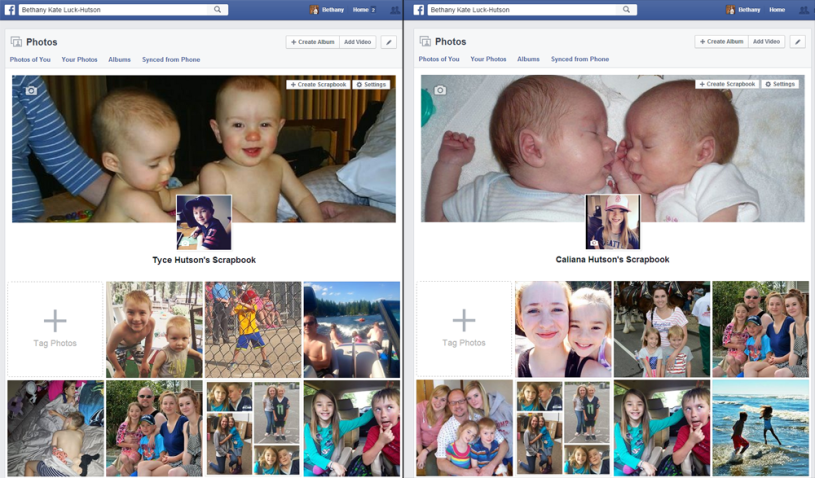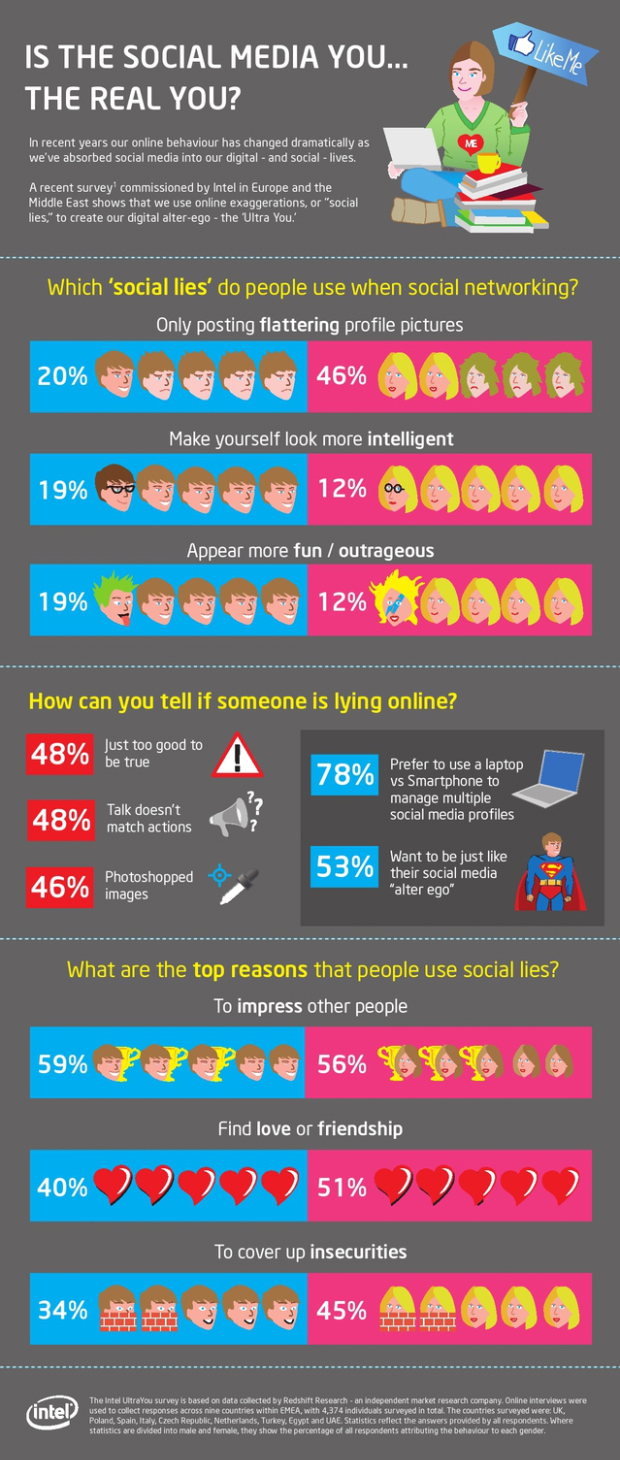If you are anything like me, you may post a few photos of your kids on Facebook. OK… more than a few. One thing that has always bugged me is that there is no way to tag my littlest kiddos in photos because they are too young to have their own Facebook profiles (the age limit is 13, people!). I thought it’d be sups awesome if there was a way to create almost like a placeholder profile for our underage kids so that when they hit 13 and join the site we wouldn’t have to go back through our photos and tag hundreds and hundreds (and, SERIOUSLY, hundreds!) of pics dating all the way back to birth.
WHOA – It’s like Facebook read my mind. The platform just launched Scrapbooks as a way for parents to tag photos of their kids who do not yet have a Facebook profile. YAY!!!



